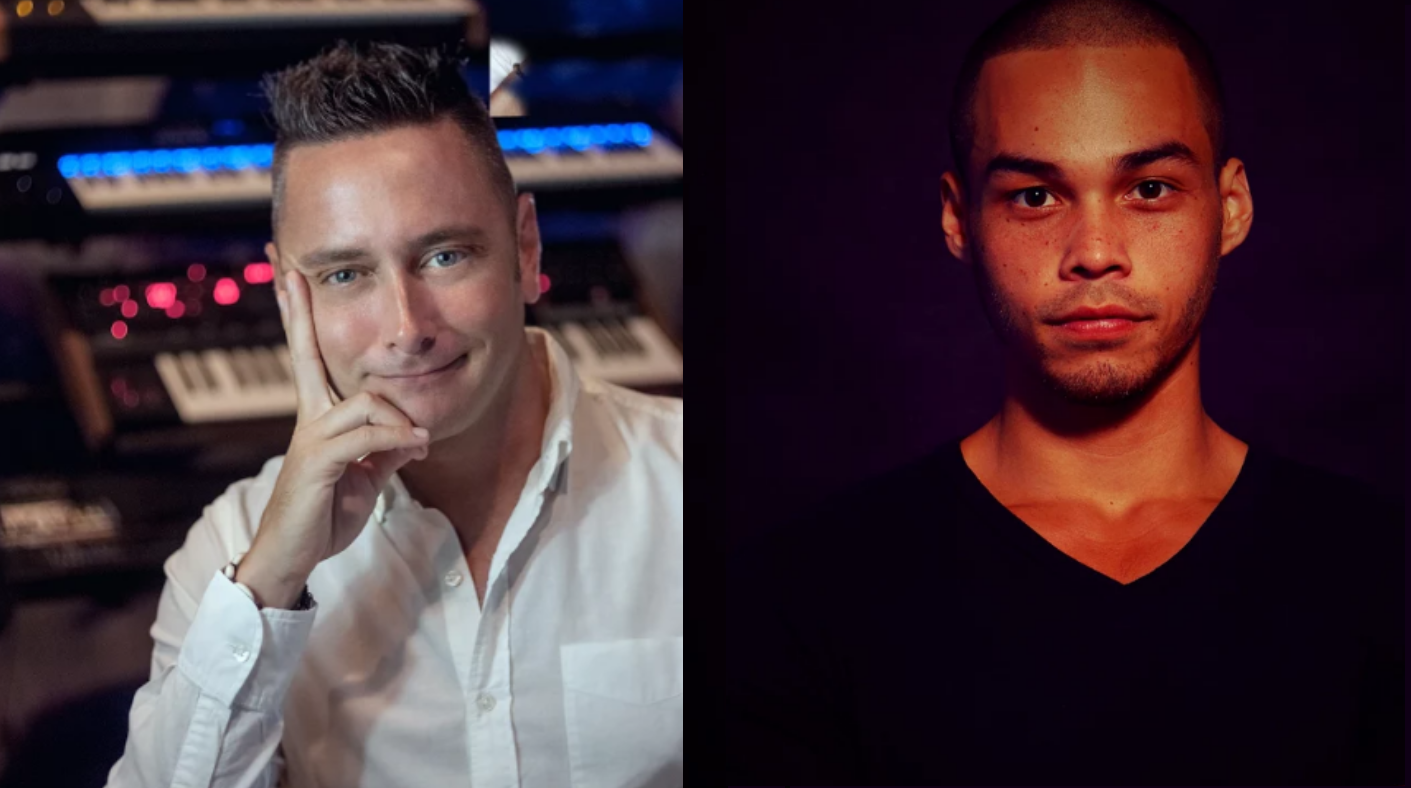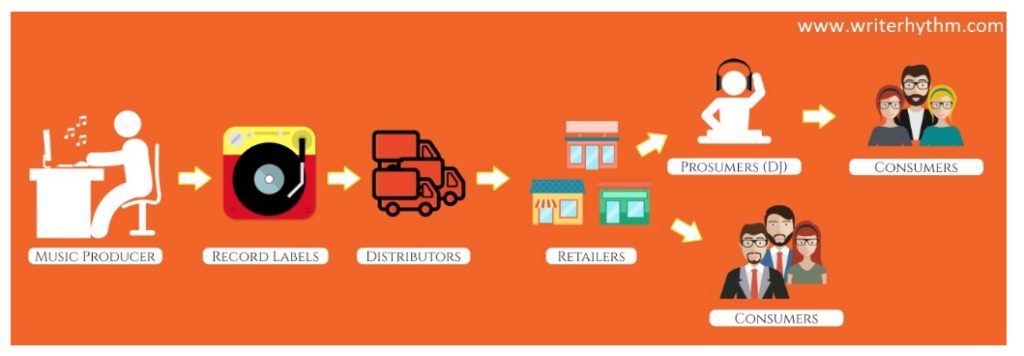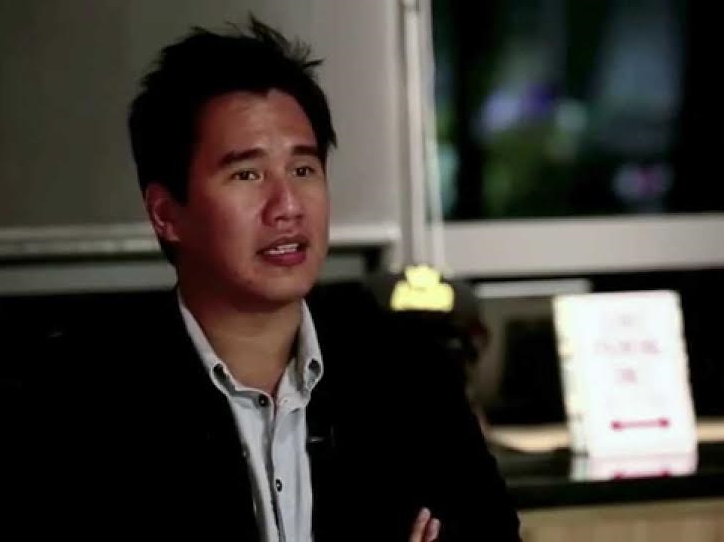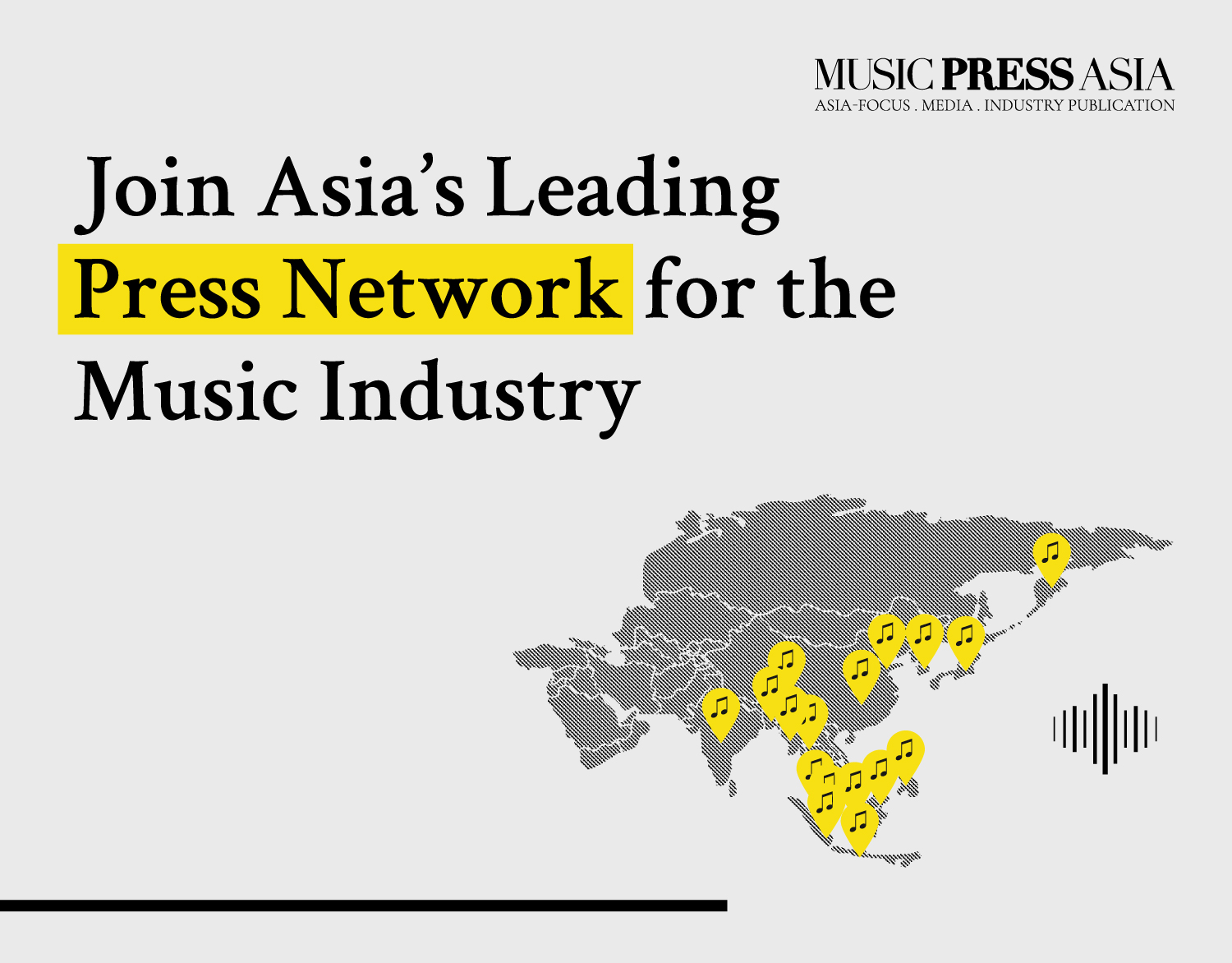Inside The EDM Content Machine in Asia

Write Rhythm connects dance music content creators directly to labels according to specific dance genres.
Indicators are green, there have been leaps and bounds in the development of the electronic dance music (EDM) industry in Asia in recent years. International festivals such as Ultra, Electric Zoo and others have recognized the marketspace and entered to compete with powerhouse Asian properties such as Storm (China), Zouk Out (Singapore), Wonderfruit (Thailand), and Djakarta Warehouse Project (Indonesia) to name a small handful.
One of dance music’s key industry events, the International Music Summit (IMS) has found an annual home in China to address the Asian market, as well as focusing its industry reporting on the Chinese EDM market itself. Once relegated to off nights and basement dungeons, Asia’s EDM world see mainstream and underground clubs around the continent fostering local newcomers and flying in international DJs on a weekly basis, like Jenja (Bali/Jakarta), M2 (Seoul), Kyo (Kuala Lumpur), Dada (Shanghai/Beijing), and many more.
Studio concepts have risen to the mainstream, such as the W Hotel Bali’s Sound Suite, a pilot Coca-Cola sponsored music studio within the hotel that boasts up-to-date electronic music equipment and studio management. Use is for guests and paying outsiders alike. Independent labels and artists are quick to indulge, riding the wave of cheap computing and software tools to launch into the world of EDM music production and publishing. They form the upstream content engine of the machine.
To better comprehend the workings of the EDM artist/label relationship in Asia, we talk to Jody Taylor and Eric Reithler-Barros, respectively the CEO/founder and a founding board member, of EDM music/tech startup Write Rhythm based in Bali, Indonesia.
Q: In the past couple of years, have you seen any Asia-specific trends emerging in the electronic dance music (EDM) scene as it relates to artists and labels?
Eric Reithler-Barros: Absolutely. Talented artists are thriving and multiplying in the region. Ableton, Native Instruments, Korg… these names are now in the lexicon of young musicians from Kuala Lumpur to Seoul. The genre is relatively inexpensive and quick for these sharp producers to make, so this creates a massive continuous churn of new content that is being funneled weekly into such EDM-specific retailers as Beatport. This is all predominantly happening, of course, via labels as the intermediary. Labels based in Asia or otherwise.
Q: What does that label intermediation look like?
Jody Taylor: I’d say that the music content value chain looks like it does in other parts of the world. You have the downstream consumer on one end, and the producer aka content creator all the way upstream on the other end. In between you have a series of pearls in the necklace (including labels) that move the content from the output cables of the studio, into the ears of fans.

Write Rhythm EDM industry Asia
Q: Is that “value chain” good or bad for music producers in Asia?
ER-B: As it relates to music as a whole, it’s inefficient for everybody involved. As for electronic music, EDM tends to push content down the chain faster and in greater volume than other music styles, so the model’s inefficiencies and bottlenecks are even more pronounced.
Q: What inefficiencies are those, specifically?
JT: I’m an underground EDM DJ and studio producer myself, so at the inception point, I can tell you it takes a tremendous amount of time for a producer to shop their newly-completed demo song out to record labels. Countless hours of research, spreadsheets, emails, follow-up emails… that’s all time that should be spent creatively in the studio to bang out the next track.
ER-B: On top of that, if an aspiring EDM producer in rural Philippines isn’t personally networked into their favorite targeted labels in the UK or Netherlands, for example, they will have a difficult time submitting their demos to get heard by those labels. The queue is long and attention spans are short. It’s like dating – personal connections count. A producer may fire off several demos to labels, never hear back, get disillusioned, and stop writing great music. I am also a house-music producer myself, and to me, that seems pretty unfair, not very meritocratic.
Q: How can that flaw in the machine get fixed?
ER-B: Jody worked out an idea a few years ago that helps solve the problem. Set up digital relationships with tons of cool indie labels all over the world. Then, implement a Tinder-style online platform that matches artists to relevant labels and gets their demos heard… and hopefully signed. That’s the basis of the Write Rhythm service model which launched commercially a bit less than a year ago.

Write Rhythm EDM industry Asia
Q: Is a niche, premium service like this one expensive? Who else in the world is offering a platform like this?
JT: Believe it or not, we haven’t seen anyone else – anywhere – doing what we’re doing in this way. We believe we’re onto something here. I’ve seen artists get bites from 5 or more labels within 48 hours of submitting their demo through our online platform, which is unheard of! Depending on how many labels a demo song goes to, the artist pays a rather modest fee, somewhere between $10-15 USD per song submission in the current model. The labels pay zero – and get a continuous stream of great, vetted demo submissions that are filtered to their sub-genre.
END
About Jody Taylor and Eric Reithler-Barros
Jody Taylor immersed himself in the world of electronic dance music since the release of Timo Mass’s Remix of Dooms Night back in 2000. He was 9 years old. Since then Jody has continued to establish himself within the music industry by working on various projects which has taken him around the world ranging from FOH operations, music production, sound engineering, audio/visual installations, production coordinating, event organizing and night club managing to name a few. Jody is also well established in the Bali nightlife community as a DJ and Producer, signing with 5 different record labels from various parts of the world. Back in mid 2015, Jody started and self funded a music tech startup called Write Rhythm; which aims to solve the global demo submission process between artist and record label.
Mr Reithler-Barros’ management experience ranges from Fortune 50 telecom companies to music technology startups. He lists achievements in the past 20 years around the world at companies such as Netscape, Johnson & Johnson, Screaming Media, Lime Wire, Verizon, and Level 3 Communications. He served as Vice President Global Partnerships at SFX Entertainment Inc, the former $1B American conglomerate that took over the worldwide electronic music industry in 2013, acquiring powerhouse brands like Tomorrowland, Stereosonic, ID&T/Sensation, and Beatport. Eric was instrumental in leading large worldwide partnerships such as Viagogo ($75M) and Mastercard. He additionally brings his 27 years of knowledge as a passionate insider within the international electronic music community as a promoter, artist, performer, music producer, label owner, editorial commentator, curator, and lifelong advocate of the genre. He attended Thunderbird School Of Global Management, where he earned an MBA in international business in 1999.












